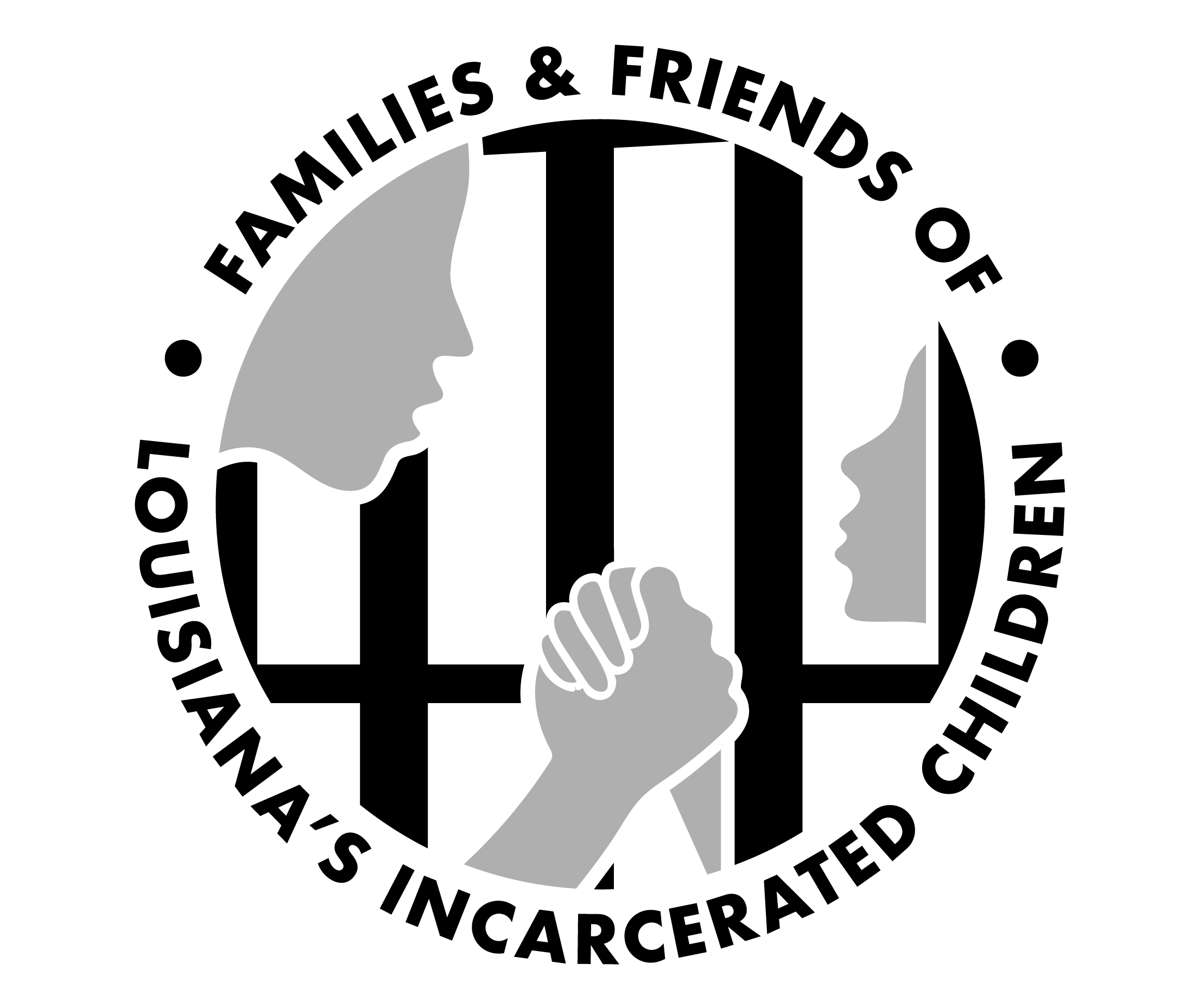Though we are glad that President Biden addressed some criminal justice issues in his State of the Union address, we are disappointed by the lack of specific attention on youth justice reform given the abuse, violence, and utter neglect incarcerated children are experiencing across the country right now. In Louisiana, our youth are facing immeasurable trauma, from inhumane conditions costing them their lives to being transferred to Angola, one of the most horrific adult prisons in the country. But Louisiana is not isolated – we are merely a prime example of our nation’s broader youth justice crisis. Different versions of our same system are failing all over the country.
President Biden and his administration need to take youth justice reform seriously as a civil and human rights issue. We hope to see real steps being taken to transform our justice system on the federal, state, and local levels before we lose any more loved ones to the carceral system. We know incarceration does not prevent crime. It is critical for our nation to recognize the inherent racism in our carceral system and to move away from punitive measures, and instead invest within our communities to offer rehabilitative services. Though Biden spoke to the over policing of Black and brown youth as part of systemic racism, his administration must also understand its dire consequences, including the overrepresentation of youth in the carceral system. The President said “we all want …our children to come home safely” in regards to incidents of police violence and brutality. While this is true, we also want to acknowledge the need for safety, care, and love for those who are already incarcerated. They deserve to come home too.
There is no evidence that prisons can effectively rehabilitate anyone, especially a child. On the contrary, incarcerating youth only further traumatizes them and increases the likelihood that they will end up in the adult criminal justice system. Prison makes it harder for young people to finish school, get jobs in the future, and build positive relationships that will help them become productive adults. Instead of incarceration, we can hold youth and adults accountable by providing them with a range of community-based programs while helping address individual needs, involving families, trusted mentors in the process. Throughout his speech, Biden mentioned fostering mental health services, educational and occupational opportunities, housing security, and living wages – all of which are needed to increase public safety and part of FFLIC’s 3-point platform to #LetKidsBeKids and end youth incarceration.



